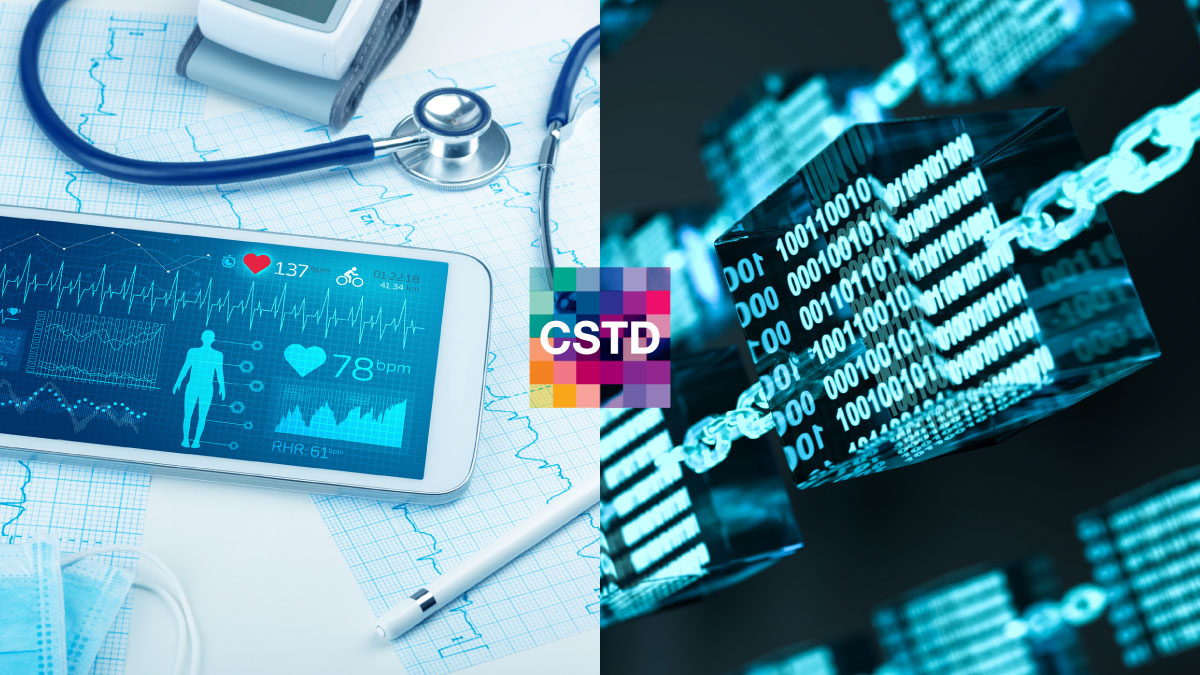High-level roundtable on harnessing blockchain for sustainable development: prospects and challenges
19 May 2021 12:00h - 14:00h
Event report
The objective of the roundtable was to explore national and international experiences in harnessing blockchain for sustainable development and approaches to regional and global cooperation in this field, including policy options to direct resources.
The roundtable addressed three main issues:
- the emerging uses of blockchain in accelerating progress towards the SDGs;
- the potential adverse and unintended social and economic effects of blockchain technology; and
- maximising the opportunities and minimising the risks.
During the roundtable, Mr Angel Gonzalez-Sanz (Chief of the Policy Review Section of the Science, Technology and ICT Branch of the Division on Technology and Logistics, UNCTAD) introduced the report of the Secretary-General (E/CN.16/2021/3) on this theme according to five main sections of the report:
- the blockchain technology;
- supporting blockchain innovation while addressing potential risks;
- blockchain and SDGs;
- harnessing blockchain for sustainable development; and
- international cooperation.
The report further presents five forward-looking scenarios for the potential consequences of blockchain on the achievement of the SDGs:
- Decentralised applications overtake centralised ones;
- Applications are developed for financial inclusion;
- Efficiency increases international digital transactions;
- Cryptocurrency replaces fiat money;
- Blockchain becomes the ‘new internet’.
Potential unintended consequences that require immediate attention are also discussed in the report. These include high energy consumption, appeal for criminals to exploit the semi-anonymous and decentralised characteristics of cryptocurrency in criminal activity, and inequality among cryptocurrency holders.
The report recommends actions that countries at different levels of development could take to strengthen their national systems to utilise blockchain technology for sustainable development.
The report also recommends that the CSTD take the following steps: (1) Share experiences in national strategies for harnessing blockchain technology for sustainable development; (2) Compile and share examples of the use of blockchain technology for sustainable development; (3) Facilitate regional and international partnerships for blockchain innovation and system development; and (4) Develop synergies between the efforts of UN entities with regard to blockchain technology for inclusive and sustainable development.
Since the Internet of Information has failed the world in so many ways, leaders around the world can think of blockchain as a new paradigm and another opportunity to achieve development in a sustainable way. We are entering the second era of the digital age, and blockchain is the foundational technology for this era, the first application on the Internet of Value, which is a digital medium for trust, said Mr Don Tapscott (Executive Chairman of the Blockchain Research Institute).
Blockchain is a strategic priority for the EU, but the EU does not see it as a solution to every challenge; rather, it focusses on areas where blockchain can be of value, says Mr Gerard de Graaf (Director for the Digital Transformation in the European Commission Directorate-General ‘Communications Networks, Content & Technology). The strategy of the EU is to invest in research and development for blockchain, creating conditions for investment, ensuring regulatory predictability that promotes investments (with caution regarding overregulation), and fostering startups in blockchain. De Graaf noted that the EU strives to make the technology serve the values for which the EU stands; for blockchain technologies, this means that they should be interoperable, secure, privacy-compliant, and sustainable. Further, blockchain can be a game-changer for achieving the goals of the circular economy.
In China, to minimise the negative effects of blockchain on financial transactions, a pragmatic approach has been adopted using blockchain for problems in digital economy, said Mr Wei Kai (Deputy Director of the Cloud Computing and Big Data Research Institute of the China Academy of Information and Communications Technology). He noted the significant use of blockchain to benefit the real economy and social good, and using consortium blockchain for fin-tech, supply-chain management, and government affairs, among other fields of application. Further, the speaker highlighted the importance of developing technical specifications especially for blockchain assessment, interoperability, and security.
Governments need to work on ensuring an open source, open access, low-cost infrastructure for harnessing blockchain for common good; atypical collaborations and partnerships as well as proliferation of innovation hubs and mass scale knowledge and skills transfer should be supported, said Ms Sandra Ro (CEO, Global Blockchain Business Council).
While blockchain technologies advance social and economic effects, inequalities among beneficiaries increase, and the risk exists that it will benefit mostly the developed countries, leaving behind LCDs, said Ms Ayumi Fujino (Director of UNIDO Strategic Planning and Coordination). To counter this and other potential issues, UNIDO has developed a methodological framework to assess the readiness of a commodity value chain to adopt blockchain, aiming to inform decisions related to adoption of blockchain.
Mr Chuta Chimezie (Founder and Coordinator of Blockchain Nigeria User Group) outlined that the uncertain regulatory status of blockchain; a lack of awareness and technical understanding regarding blockchain and cryptocurrency by regulators and policy makers; the concerns regarding security, privacy, and control of blockchain; the rise of crypto-scams; the technical challenges related to scalability; and the shortage of requisite talents are vital restraints and challenges for blockchain.
In Kenya, blockchain was successfully used for storage of digital biometric data and conducting a nation-wide census. Turkey invests in research and development activities related to blockchain, and the Turkish Central Bank will introduce blockchain-based digital currency by the end of this year. As well, the US supports responsible innovation that promotes sustainable economic growth and encourages the collaborative multistakeholder approach for ensuring an open, secure, inclusive ecosystem, said Ms Alison Schwier (Acting Science and Technology Adviser to the US Secretary of State).
Related event

24th Session of the Commission on Science and Technology for Development
17 May 2021 09:00h - 21 May 2021 17:00h
Online
